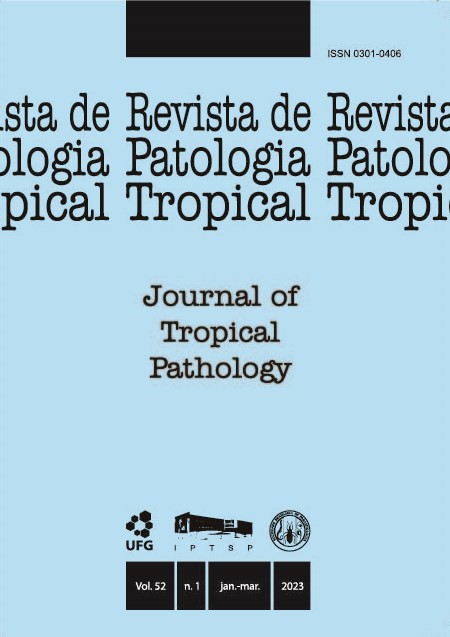Visceral leishmaniasis in Brazil: scenarios and challenges for the surveillance and control
Abstract
Adaptation of the vector and displacement of infected dogs to previously disease-free areas challenges visceral leishmaniasis (VL) control, and leads to geographic dispersion and occurrence in urban and peri-urban areas. Continuous VL control measures over time must be applied with a wide geographic reach, along with better diagnosis practices and timely treatment. The high case-fatality of human VL in areas of recent introduction and its growing association with HIV impose the need for an early diagnosis, treatment and the adoption of active search for human and canine cases incorporated into the routine of periodic home visits by health professionals. The increasing on public rejection of canine euthanasia as a control measure, the limitations of canine therapy with the current available drugs, and the controversies regarding available vaccines for canine protection are discussed. Good prospects on the insecticide-impregnated collars as an effective control measure are emphasized.
KEY WORDS: Leishmaniasis; visceral; epidemiology; public health surveillance; Kalazar.
Downloads
Downloads
Published
How to Cite
Issue
Section
License
The manuscript submission must be accompanied by a letter signed by all authors stating the full name and email address, confirming that the material has not been published or is under consideration for publication elsewhere, and agreeing to transfer copyright in all media and formats for Journal of Tropical Pathology. The authors will not be paid for published articles. They are solely responsible for the content of those articles, even if the Editor holds the right to adjust them to the norms of the journal.
The reviewers will not be paid for the peer review process.

